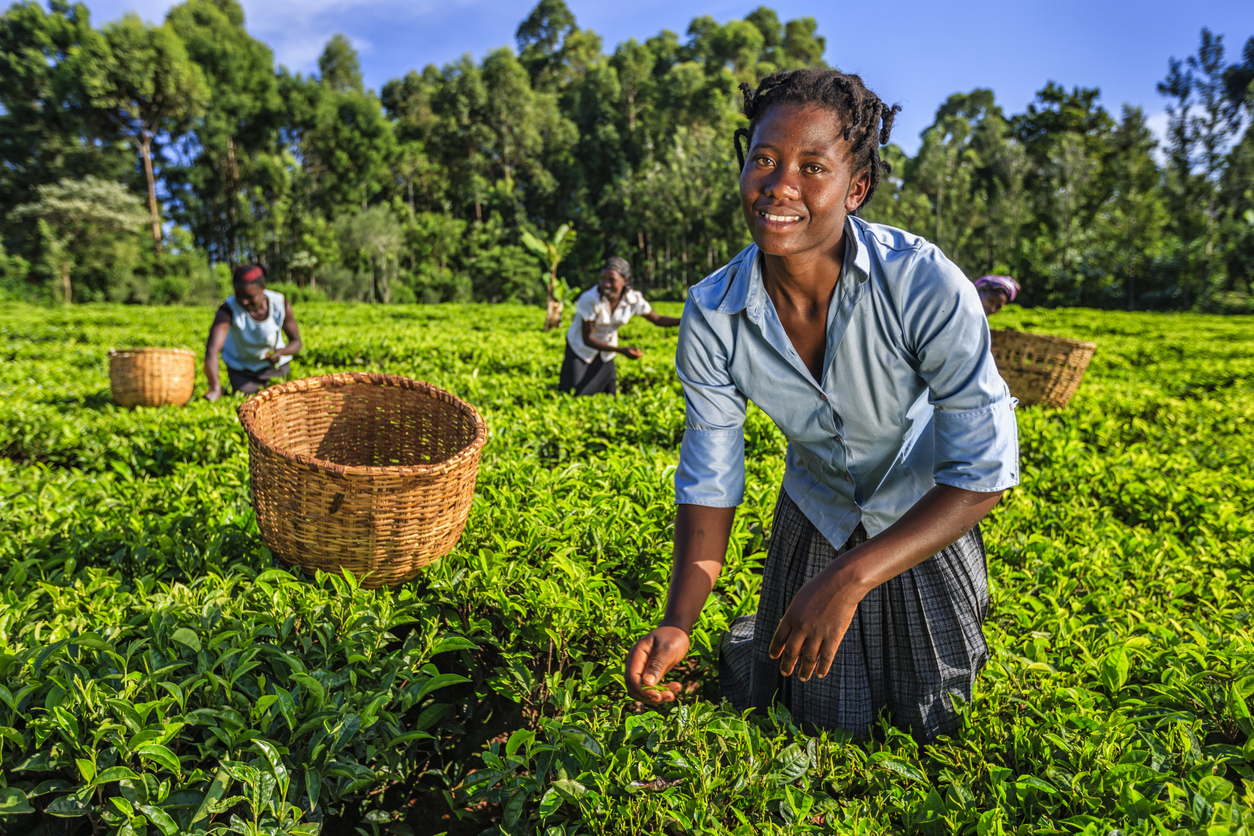Buying and Exporting Coffee, Tea, Mate and Spices from Burundi
Buying and Exporting Coffee, Tea, Mate and Spices from Burundi
Coffee, tea, mate and spices are all important export crops in Burundi. The country produces a large quantity of these products, which have become an important part of the national economy. Burundi’s fertile land and humid climate are perfect for growing these crops, but it has taken time to get production up to this level. In fact, most coffee plantations were destroyed during the civil war and it took several years for them to be re-established. With the help of international aid, farmers were able to repair their damaged plantations. These programs also assisted with new planting and training in how to best take advantage of the land’s potential. This is why you can see so much coffee in Burundi today!
Coffee Culture in Burundi
Coffee is one of the most popular drinks in Burundi and has been since colonial times. It is considered a national beverage and it is almost impossible to find a Burundian household without a supply of coffee. Coffee is grown in every province of the country and is a very important export. In fact, Burundi is one of the largest producers of coffee in Africa and the third largest in the world. Coffee is grown on about 90% of the cultivated land in the country. The coffee grown in Burundi is generally of a very good quality and is sought after in the international market.
Exporting Coffee from Burundi
Burundian coffee is a very popular brand and is exported around the world. In fact, the Burundian government is hoping to expand the coffee industry even more in the coming years. 90% of coffee produced in Burundi is exported. The main coffee exporters are the coffee-producing cooperatives, the Burundi Coffee Appreciation Coffee Growers Cooperative (BRAC), and the Burundi Coffee Exporters Cooperative (BEC). The main coffee-growing areas in the country are Ruhanga and Kayanza in the northern area of the country and Cibitoke in the centre. Other regions also produce coffee but on a smaller scale.
Tea Culture in Burundi
Tea has been a part of Burundian culture for many years. It is a popular drink among the Burundian people, both at home and when out and about. In fact, tea is the most popular beverage in Burundi, ahead of coffee and water. There are two types of tea grown in Burundi: black tea and green tea. While black tea is more common in Burundi, green tea is becoming more popular in certain areas of the country.
Exporting Tea from Burundi
Tea is the second largest crop grown in Burundi. The main growing regions are Kayanza, Cibitoke, Ruhaga and the north of the country. Cibitoke and Kayanza are the main areas where tea is grown, producing about 80% of the country’s tea. Black tea is the most common type of tea grown in Burundi. Surprisingly, tea is not the country’s largest export. Although it is produced in large quantities, tea accounts for only 10% of the country’s exports. Burundian tea is exported to both African and European markets, as well as to the Middle East.
Mate and Moringa Selling Culture in Burundi
Mate and Moringa are two very popular types of tea in Burundi. They are both imported from Argentina to meet demand. Mate is a type of herbal tea that comes from South America. Moringa is another herbal tea that is grown in Africa and Asia. Both Mate and Moringa are becoming very popular in Burundi and have a high demand.
Exporting Moringa from Burundi
Moringa is an herb that is native to Central and South America. It is also grown in Africa and Asia. Moringa is a very popular herbal tea in Burundi and the demand keeps growing. Moringa is a very healthy drink because it has lots of nutrients and vitamins. Farmers have been growing Moringa for many years and it is a very profitable crop. Moringa is grown in many regions of Burundi, including Cibitoke, Ruhaga, and Kayanza.
Spices Culture in Burundi
Spices are grown and exported in small quantities in Burundi. The main spices grown are cardamom, cinnamon, cumin, ginger, and pepper. Cinnamon is the most important spice grown in the country. The main areas where spices are grown are the northern and central parts of the country.
Buying and Exporting season for Spices from Burundi
Burundi’s climate is perfect for growing spices all year round, but the most important season for growing spices are the rainy seasons. The first rainy season is in March and April, the second is in July and August, and the third is in October and November. Buyers should avoid visiting Burundi during the rainy season to avoid being stuck in the country during the long rainy periods. They should also make sure they have enough money to stay in Burundi for the long periods.
Conclusion
Coffee, tea, mate, and spices are very important crops in Burundi that are grown and exported throughout the year. The country has a humid climate and fertile land that is perfect for producing these crops. When buying and exporting spices from Burundi, buyers should avoid visiting the country during the rainy season.








LEAVE A COMMENT
You must be logged in to post a comment.